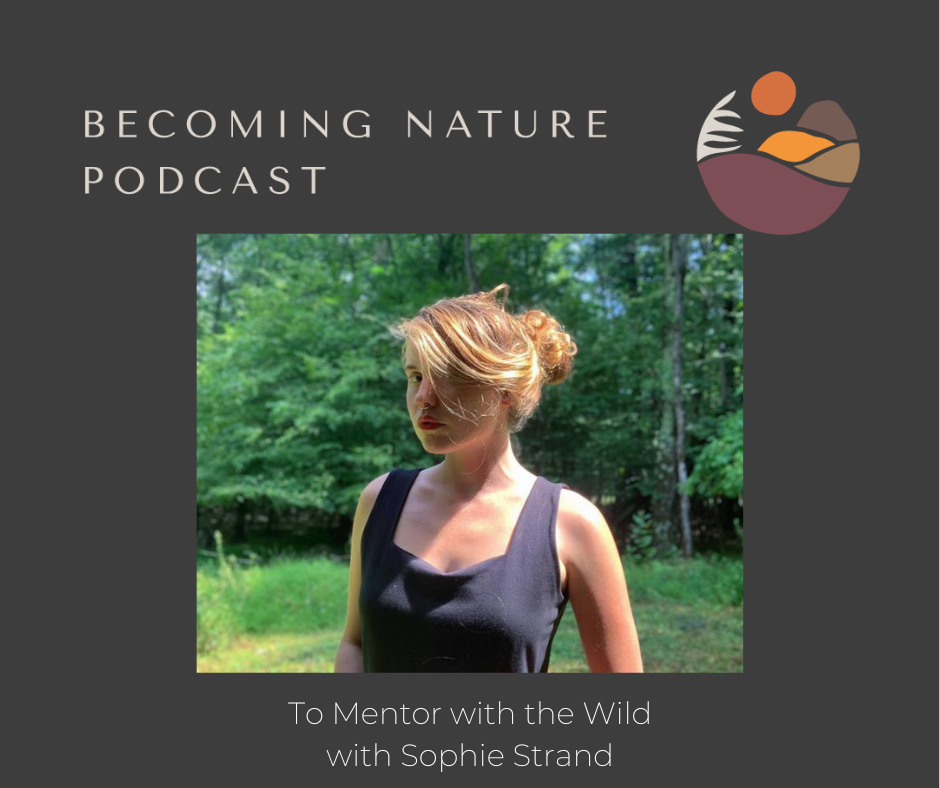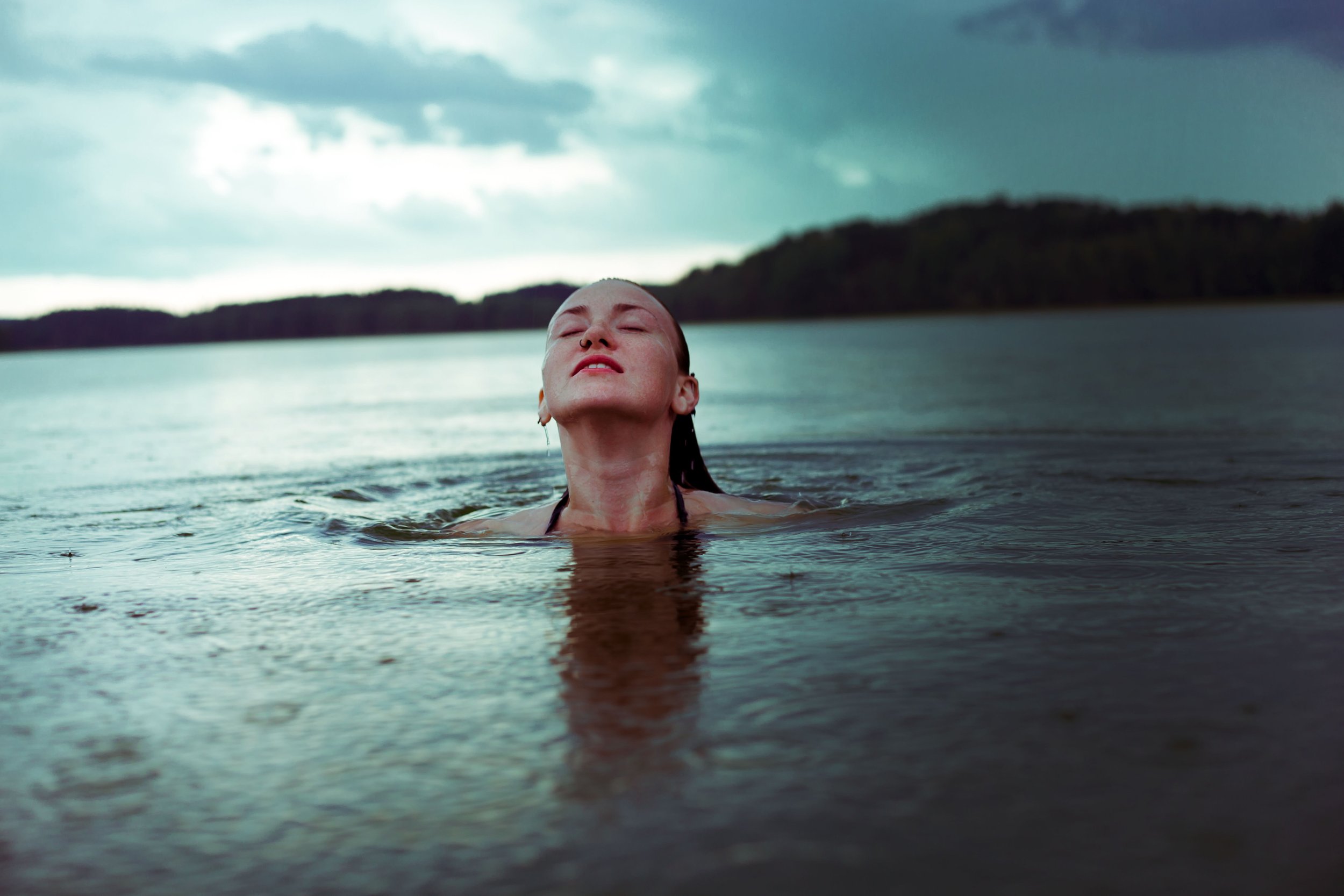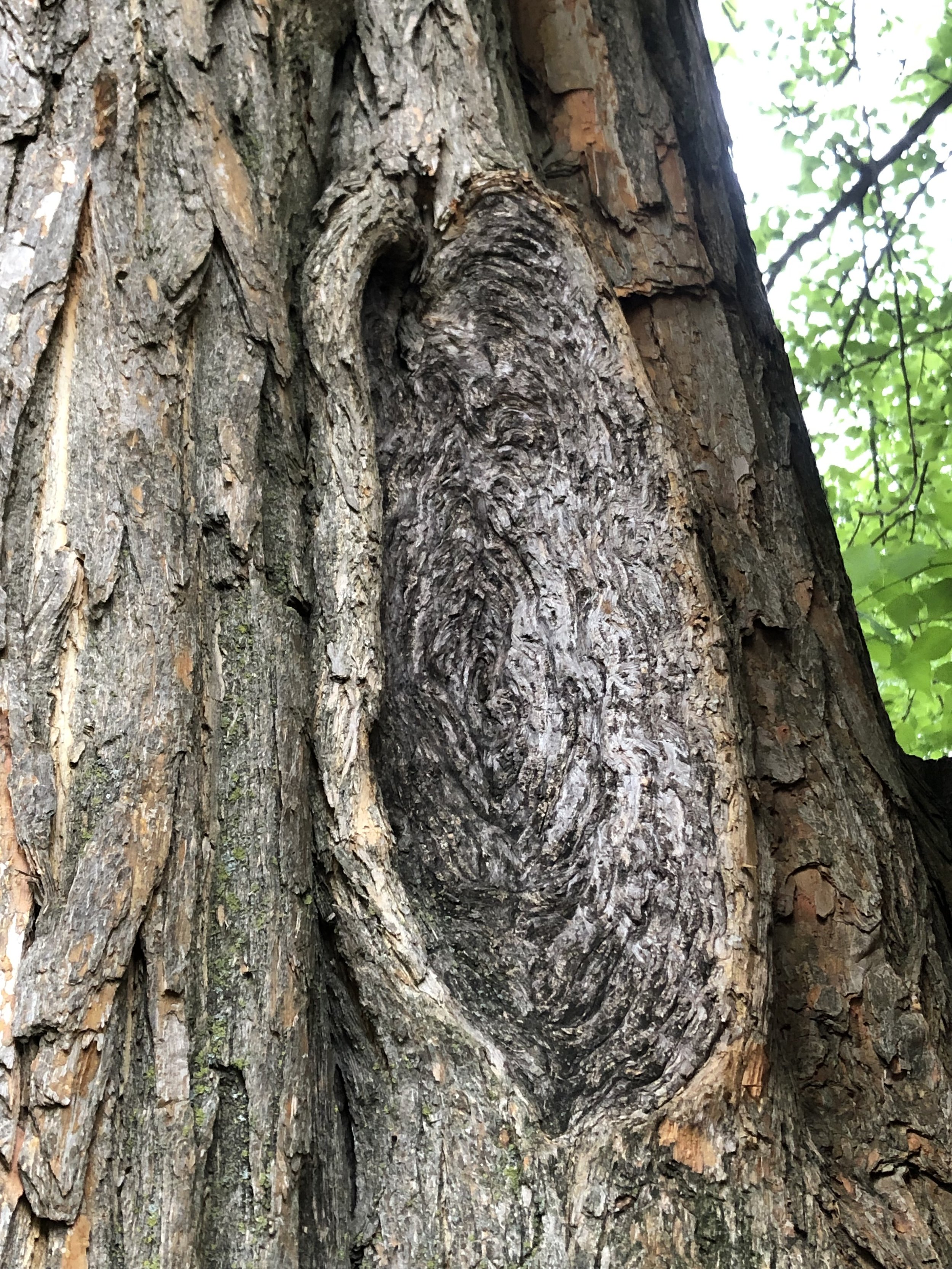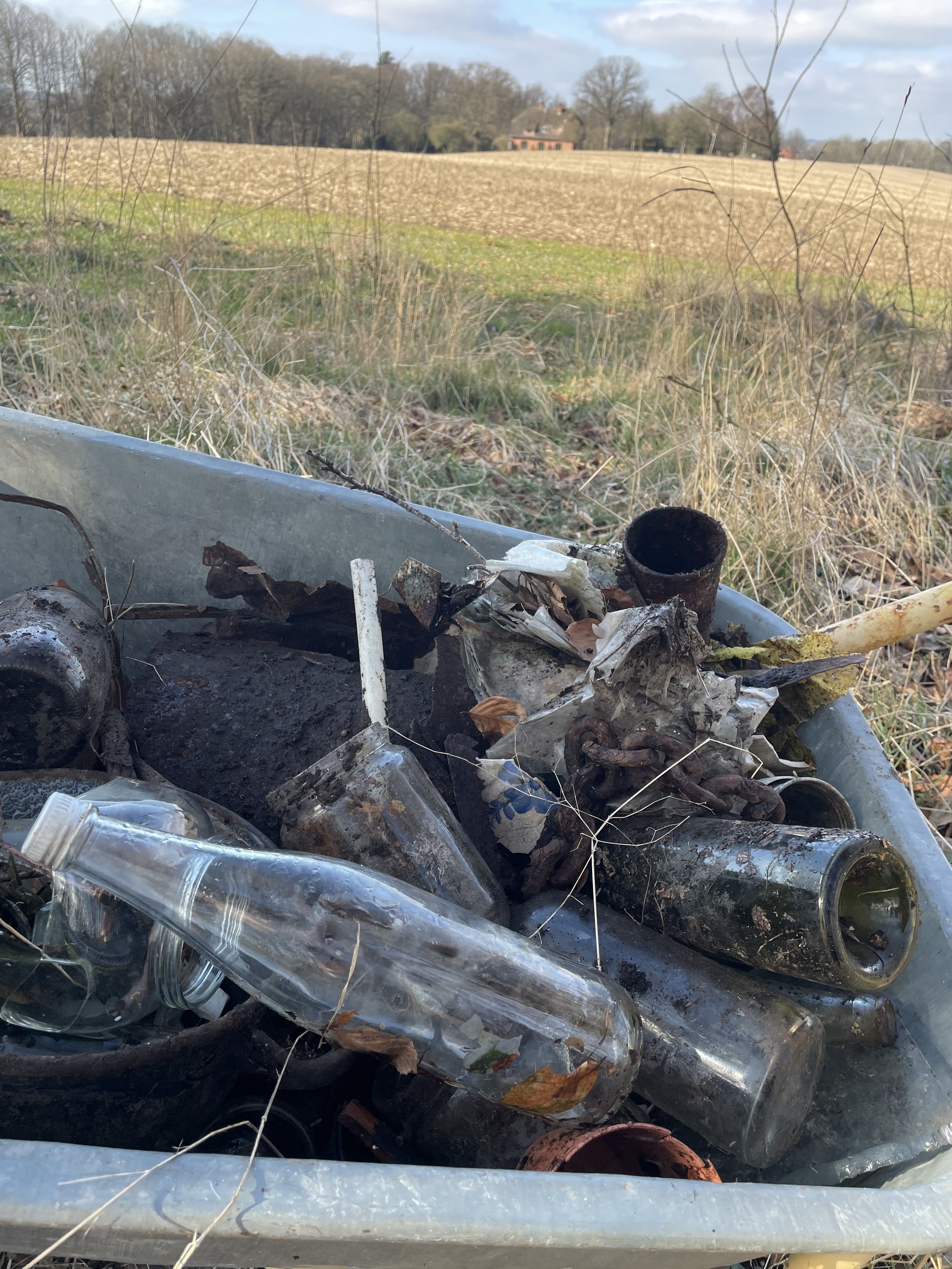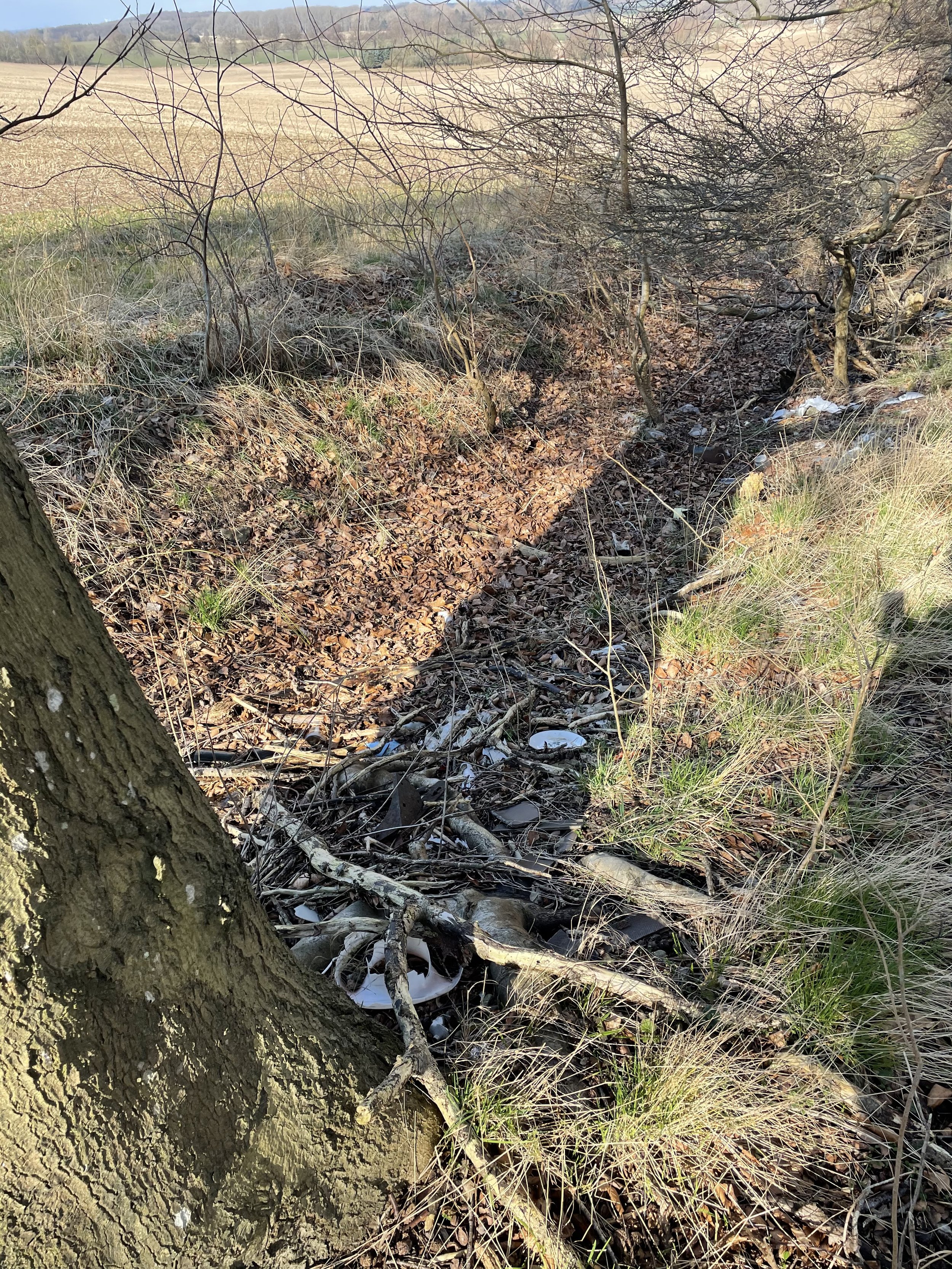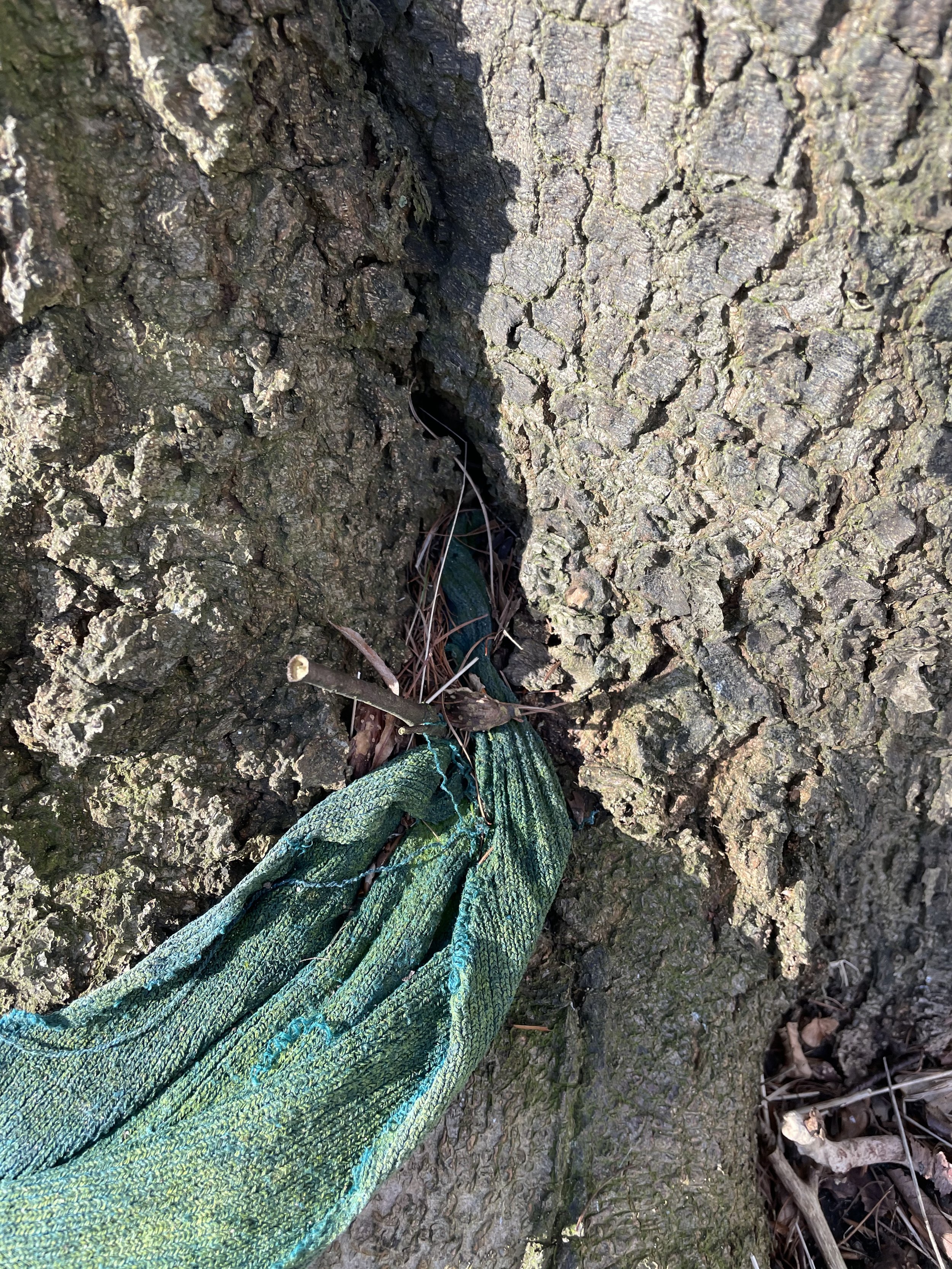The illustration for this weeks podcast Is made by beautiful artist Cille Vengberg
This week I speak to Danny Christensen, a hunter among many things. And also a man with a passion for nature, animal welfare and health.
I learned a lot from my 1 and a half hour conversation. One that rolled with me for days after. New questions arrived, New threads and a real desire to have more conversations around the way we consume, produce and honor the food we eat.
There are many questions still. We both want to keep this thread alive, as it is something we need to have a serious look at.
As for hunting there are many opinions and feelings attached. Should we eat meat? Should we hunt as modern people. Or should we think differently about the system as a whole?
Please listen in and bring your thoughts and questions!
In this episode we touch on
Food production and consumption.
Rejecting the general food system.
Consuming and harvesting wildlife.
Ethical dilemmas in food consumption.
Ethical consumption and environmental impact.
Veganism and connection to nature.
Environmental impact of avocados.
““I don’t want people to wash their hands with the organic labeling and say, well, then everything is okay. It’s not, it’s not. You still have an enormous environmental footprint.”
”
About Danny
He shares about his path “I grew up on a small farm in Denmark, close to a metropolis city. I spend most of my youth dreaming, fishing, hunting, and talking to trees.
As my world evolved, I developed a strong interest and appreciation of the design, architecture, fashion, art, and the food that were always all around me.
I met the most amazing and inspiring people in the world but the ones that I really admire and remember are the passionate men and women that live their lives to the fullest with a burning fire in their heart for everything they do. I like to think I'm one of those men.”






















